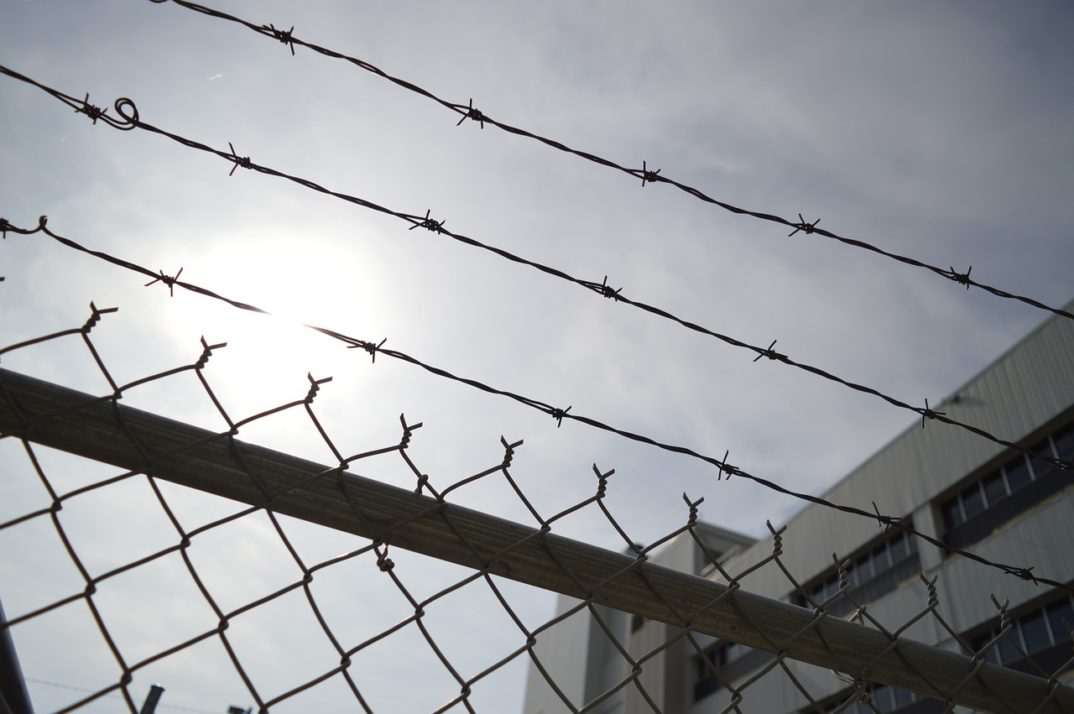In many states, minors charged with certain crimes can be tried as adults. Although some of the minors who enter the system are convicted of serious crimes, many are charged with non-violent offenses. The argument for trying minors as adults is that it ensures public safety – however, research shows the opposite. In Jessica Lahey’s article in The Atlantic, the issues with trying and housing minors as adults are laid out. Is it really ethical, and even for the societal good, to try and imprison any minor as an adult?
Federal laws prohibit the housing of juveniles alongside adult prisoners, but many states do it anyway. This housing situation causes minors to be far more likely to be sexually abused and suffer violence from inmates and staff alike. The National Inmate Survey states that 1.8% of 16 and 17 year olds imprisoned with adults have suffered sexual abuse in prison, and 75% of those cases have been victimized by staff. This information alone is enough to question the morality of imprisoning a minor as an adult. In order to comply with federal laws that say minors must be housed in a separate section than regular adult inmates, many states transfer their juvenile prisoners out of the state. This causes the minor to potentially lose access to visits from friends and family, and also contact with his or her lawyer. Losing contact or access to a lawyer – a right guaranteed in the constitution – puts the minor at risk for being unable to report any abuses and in an even more disempowered position. They also lose the emotional support provided by friends and family, which makes the prison experience easier from a psychological standpoint. This lack of contact creates psychological stress and trauma that affects minors very dramatically. Minors imprisoned in adult prisons also are unable to participate the rehabilitative programs provided in the juvenile system, which offer vocational training, counseling, and education that makes re-entering society as an adult simpler. In fact, minors who are tried and imprisoned as adults are 34 times more likely to re-offend; this begs the question of whether trying minors as adults offers any benefit to public safety at all.
Denying certain minors the services their peers receive may be unethical, as it arguably sets up a certain group for failure or selects a certain group to be more likely to suffer stress and trauma. While certain minors commit very serious crimes that warrant consideration, non-violent offenders who are tried as adults should be allowed the same services as their peers, and offered a chance at rehabilitation. The juvenile justice system was created for a reason, and therefore should be utilized in the vast majority of circumstances.

